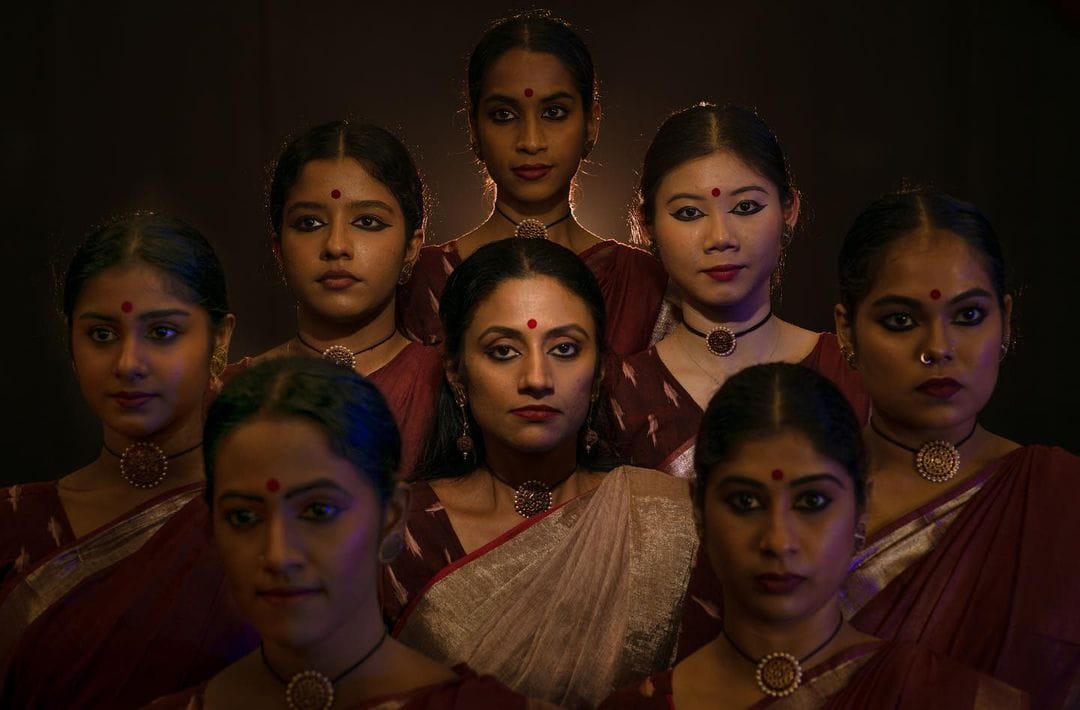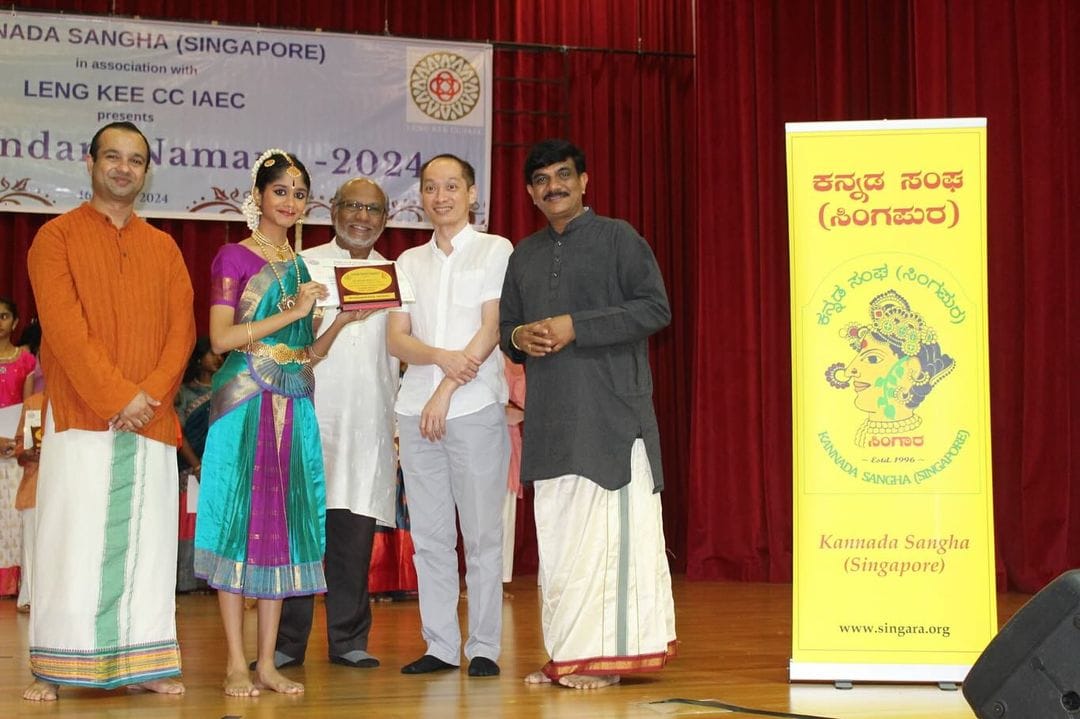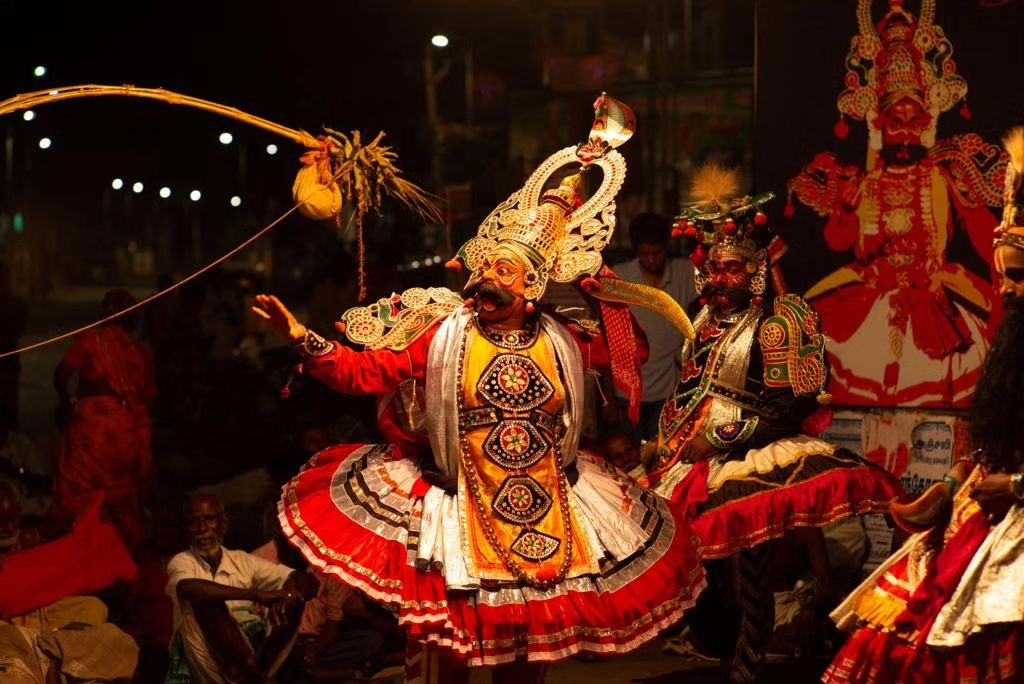Indians have long been a part of Singapore’s CMIO (Chinese, Malay, Indian, and Others) population divide. However, as described by sociologist Laavanya Kathiravelu, Indians in Singapore have often been “doubly minoritized,” meaning they are discriminated against as both ethnic minorities and immigrants. This has robbed Indian Singaporeans of housing, education, and work opportunities. Now, Kalpavriksha Fine Arts, a non-profit founded by three classically trained Bharatanatyam dancers, aims to connect the Singaporean people with Indian culture by cultivating a state of belonging through Indian fine arts.

Last year, the group held a groundbreaking three-day culture festival named the Samskriti Fine Arts Festival. The event was filled with grand Bharatanatyam performances, film screenings, and Carnatic music concerts, bringing people from all walks of life closer to Indian culture and heritage. The organization also holds Bharathanatyam classes for children and adults of all levels of experience, further giving Indians in Singapore a sense of community and a chance to share their culture with everyone at the same time. This is why the work that Kalpavriksha Fine Arts does is aligned with the United Nations Sustainable Development Goal of Reduced Inequalities.
Introduction to Samskriti Festival 2023. Video courtesy of Kalpavriksha Fine Arts’s website.
Bharatanatyam, which makes up Kalpavriksha’s core program, is one of India's most famous classical dance styles. It is native to the Tamil Nadu region in South India and is frequently used to share stories from Hindu mythology. The origins of Bharatanatyam can be traced back to the Natya-Shastra, a detailed treatise on dramatic arts and Sanskrit theatre written between the 1st century BCE and the 3rd century BCE. Aside from Bharatanatyam, Kalpavriksha Fine Arts also has programmes for Kathak, a classical dance style from Northern India. Kathak, rooted in both Islamic and Hindu traditions, is distinguished by its intricate footwork, where dancers use heavy anklets adorned with 100 bells (ghungroos) as a rhythmic instrument, harmonizing with the music and setting its the beats (taal) as well.

Slowly but surely, their work gained widespread recognition in Singapore and abroad. One of their Bharatanatyam dance students, Ananya Pai, recently won the 2024 Sri Puranadara Namana Music & Dance Competition. At the start of 2024, the Indian Council for Cultural Relations (ICCR) invited them to perform at the India International Ramayana Festival in New Delhi, India.

Kalpavriksha Fine Arts is playing a crucial role in preserving and promoting Indian classical arts in Singapore, offering a platform for cultural expression and community building. Through initiatives like the Samskriti Fine Arts Festival and their Bharatanatyam and Kathak classes, the organization not only nurtures Indian heritage but also fosters a deeper understanding and appreciation of Indian culture among the broader Singaporean community. As Kalpavriksha Fine Arts continues to gain recognition locally and internationally, they are ensuring that Indian classical arts remain a vibrant and integral part of Singapore’s multicultural landscape.
Find out more about Kalpavriksha Fine Arts on their website www.kalpavrikshafinearts.org or Instagram @kalpavriksha.finearts.
